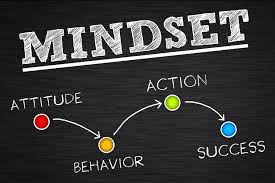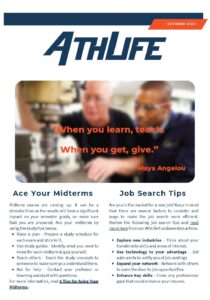Deciding to pursue a doctorate of any kind is a challenge. Knowing the answers to these basic questions can help guide your decision-making process.
Why is this important to you?
- Career impact – These factors will also depend on your field of study, among other things:
- Competitive advantage
- Increase in skills
- Potential increase in pay
- More recession-proof jobs
- Personal satisfaction – Many people who pursue a Ph.D. do so for personal reasons, perhaps having a strong passion for their field, the desire to solve complex problems, personal knowledge/gratification, or recognition.
- Pay – A PhD doesn’t necessarily mean a tremendous increase in pay. PhDs in several disciplines often lead to careers in academia. The average college professor in the United States makes just$81,650 *
What do you want to accomplish or study?
Obtaining a doctoral degree is as intense an educational experience. What problems would you like to solve, and do you possess the will to develop and build out original research to its completion?
When will you find the time to complete the requirements?
Doctorate degrees vary, as does the time it takes to complete them. It could be three years for a professional or non-research doctorate like a DPT, Doctorate of Physical Therapy or JD, or Juris Doctorate. The time it takes for a research-based Ph.D. is quite different. In 2019, Ph.D. graduates in Psychology and the social sciences took an average of eight years to complete their studies.
Will your goal achievement depend on whether you complete the degree?
Is a doctoral degree needed, or will a master’s degree help you meet your goals? These degrees are not one-size-fits-all all, and given your academic focus and career goals, is this the best path for you? You may hear the term “terminal degree.” Do you need one to accomplish your goals? Is a PhD the end of the road in your discipline, or is it a master’s like it is in Fine Arts and Architecture?
Which type of institution/program is best for you?
The decision to pursue advanced education can be a game changer; the reputation of the institution you attend can exponentially affect the respect and recognition you will obtain upon its completion. Your new broadened network is an additional benefit to your pursuit. In-person, full-time doctoral programs have been the expectation for any doctoral candidate for over 100 years. Now that online education has gained respect, online doctorates are increasing and providing additional access to working professionals who must find ways to balance other responsibilities. However, all schools will review academic records and previous research before accepting any candidate, so be sure that admitted students are in keeping with their academic standards.
How will you make things work with your current lifestyle, job, and family life?
Do you have time to commit to the daily demands of study and research? Is your family on board for this journey? Take some time to understand the time commitment of your potential course of study. Is it feasible, given your current responsibilities? What will need to change?
Goals
The answers to these questions hinge on your goals and current responsibilities. If you still need to formulate your plans, start with SMART goals, then take an accurate assessment of your schedule to see if and how you can make it work.
This Fundamental was powered by:
Coursera.org, September 2023
NSF.gov, September 2023
Niche.com, September 2023



